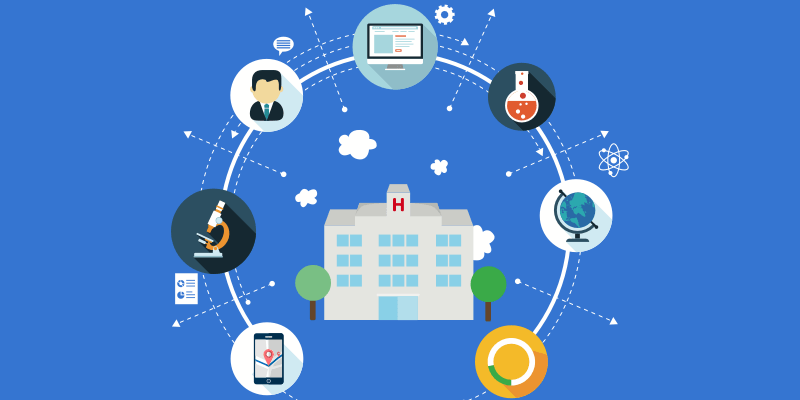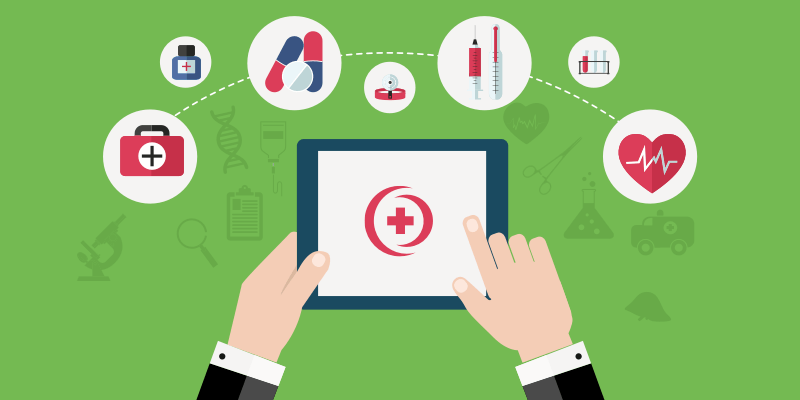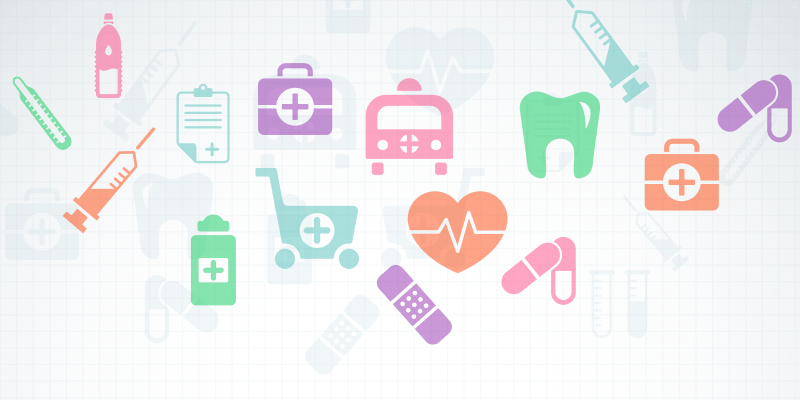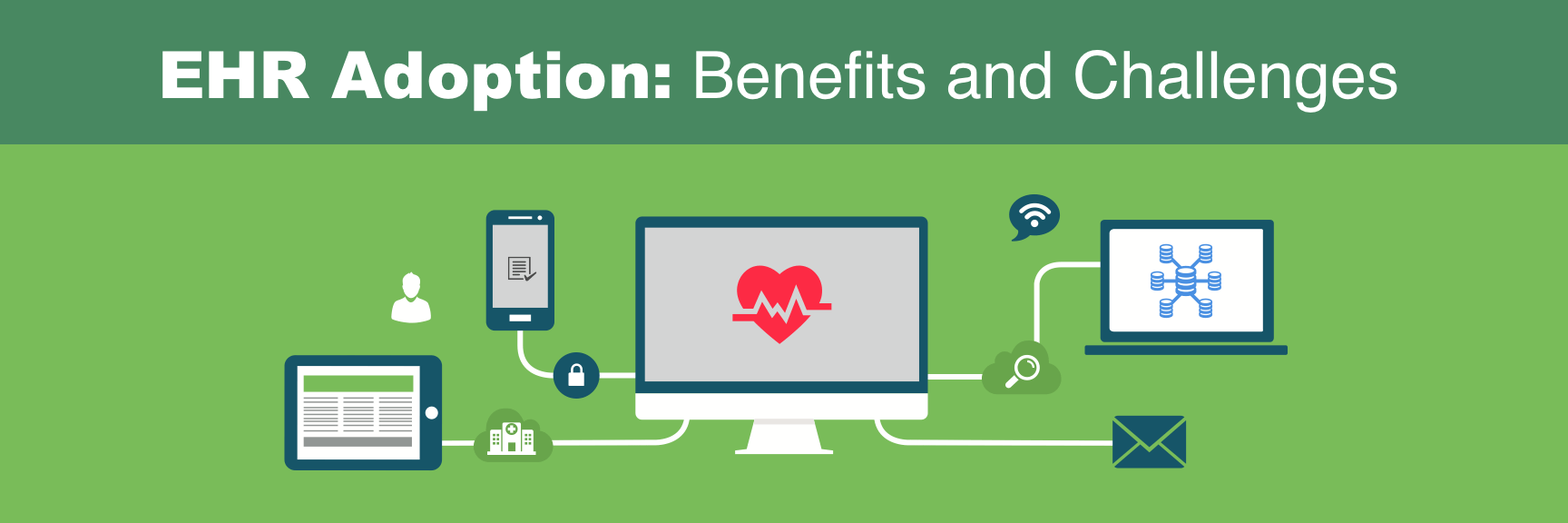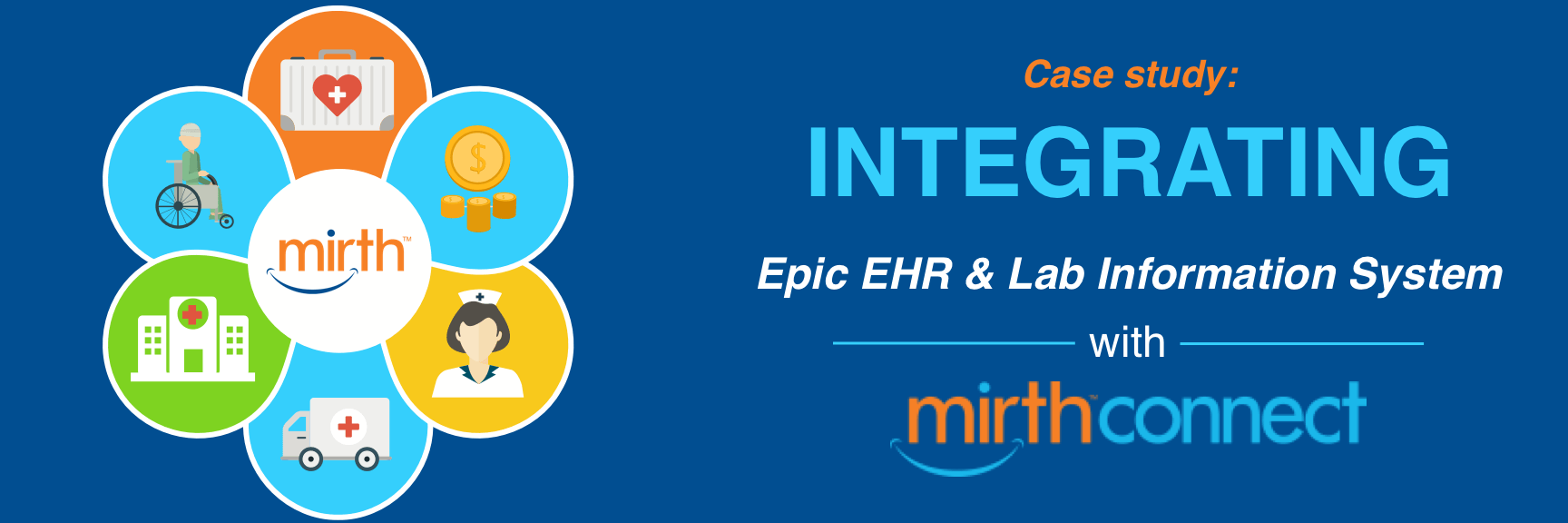The concept of Internet of Things has revolutionized today’s landscape. The term used to describe the communication between Internet enabled devices has connected the entire world in a single rope, simplifying lives to a great extent. The latest smartphones, gadgets, security systems, smart home appliances, cars and vending machines are just a few examples that demonstrate the capabilities of IoT. While we are talking about the wide range of possibilities offered by IoT, it would be unfair to talk about how this concept has revolutionized the healthcare industry. Its contribution towards medical and healthcare sector is invaluable. Here is where you can see the true power of technology and realize how it has secured and improved the lives of many people.
Scope of IoT and Digital Health Revolution
The previous year saw the convergence of various technology trends in – digital health, Internet of Things (IoT), analytics, wearables, artificial intelligence (AI) and cognitive sciences. Focussing on IoT, the wearable device market heated up by Apple, Google and Fitbit has shown a drastic advancement in health and fitness segment. The success and demand of these technologies can be estimated from the fact that in the first half of 2015, 136 new companies raised more than 2 million each.
How IoT Powers Health Revolution?
The IoT offers a cure for many of the medical problems plaguing the National Health Service (NHS) and an opportunity for patients to manage their health. The world has seen modernization in the medical field in the recent years with the introduction of advanced medicines, vaccines, robotic operating techniques and a new era of therapies. Though, currently the Internet of Things concept has not firmed its footprints in global healthcare institutions, but it is gradually gaining momentum and will soon see a revolution. The technologies such as electronic tattoos, ingestible camera pills, ingestible sensors and insulin trackers stream real time data to doctors while keeping patients out of hospitals and crowded waiting rooms. The smart hubs and dedicated applications can help people live lives independently without any external aid. There are emergency alarms that detect an abnormal activity, medication reminder and medical help devices to help physically retarded people to call for help immediately.
How IoT is Contributing to Patient Engagement?
Former IT Director, Royal Liverpool and Broadgreen University Hospitals NHS Foundation Trust, James Norman, believes that new data streams from devices connected to the internet will provide public with knowledge to live better lives. He says that IoT will help keep the patient’s informed even at home. Evidence shows that if a patient is involved in their care, they have a better chance of a more successful and quicker outcome. Moreover, their demand for services is reduced. Healthcare revolution is full of opportunities. It lets healthcare providers to provide tailored treatments to their patients and make them more responsible for their health.
The Bottom Line
As more and more companies are jumping into this bandwagon, we may see new faces of healthcare technologies in the near future with even more possibilities to improve quality of life. As far as the future of Internet of Things is concerned, currently there are more than 12 billion devices that can connect to the Internet and researchers at International Data Corporation (IDC) estimate that there will be 26 times more connected things than people by 2020.

